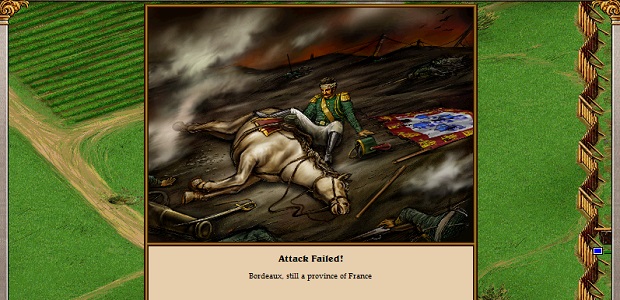

Those who argue that it does point to the human and material resources and the outlets for goods, investment capital, and surplus population provided by an empire. The first group contains economic arguments and often turn around the question of whether or not imperialism pays. In their modern form, arguments about the causes and value of imperialism can be classified into four main groups.

Under the leadership of Japan and the totalitarian states-Italy under the Fascist Party, Nazi Germany, and the Soviet Union-a new period of imperialism was inaugurated in the 1930s and ’40s. Then Japan renewed its empire building with an attack in 1931 upon China. For a decade after World War I the great expectations for a better world inspired by the League of Nations put the problem of imperialism once more in abeyance. Russia, Italy, Germany, the United States, and Japan were added as newcomers among the imperialistic states, and indirect, especially financial, control became a preferred form of imperialism. Get a Britannica Premium subscription and gain access to exclusive content. It was partially realized when the Romans built their empire from Britain to Egypt. But the cosmopolis, in which all citizens of the world would live harmoniously together in equality, remained a dream of Alexander. When Greek imperialism reached an apex under Alexander the Great (356–323 bce), a union of the eastern Mediterranean with western Asia was achieved. It eventually gave way to the imperialism of Greece.

The tyrannical empire of the Assyrians was replaced (6th–4th century bce) by that of the Persians, in strong contrast to the Assyrian in its liberal treatment of subjected peoples, assuring it long duration. Imperialism in ancient times is clear in the history of China and in the history of western Asia and the Mediterranean-an unending succession of empires. Because it always involves the use of power, whether military or economic or some subtler form, imperialism has often been considered morally reprehensible, and the term is frequently employed in international propaganda to denounce and discredit an opponent’s foreign policy. Imperialism, state policy, practice, or advocacy of extending power and dominion, especially by direct territorial acquisition or by gaining political and economic control of other areas. Some scholars argue that this process intensified imperial rivalries and helped provoke World War I.

Imperialism 2 goods full#
Trade Empires has goods of various types see Trade Empires Full Commodity Chart. Imperialism 2 has no equivalent to goods.
Imperialism 2 goods free#
Selling is almost entirely to minor nations, except that great powers may buy arms and, rarely (to assist immigrants), clothing and furniture.Īfter appropriate levels of industrial expansion, some of your hamlets may have become towns producing free goods to add to your warehouse stocks if you transport them each turn. Often there is an initial price drop as nations trying to earn quick money cause an oversupply, but prices can later usually rise to $1500 or more. Initial prices posted on the Board of Trade schedule are $900. In fact, trading is the only useful thing you can do with hardware, but the others have practical uses too.


 0 kommentar(er)
0 kommentar(er)
